Every man is guilty of all the good he did not do
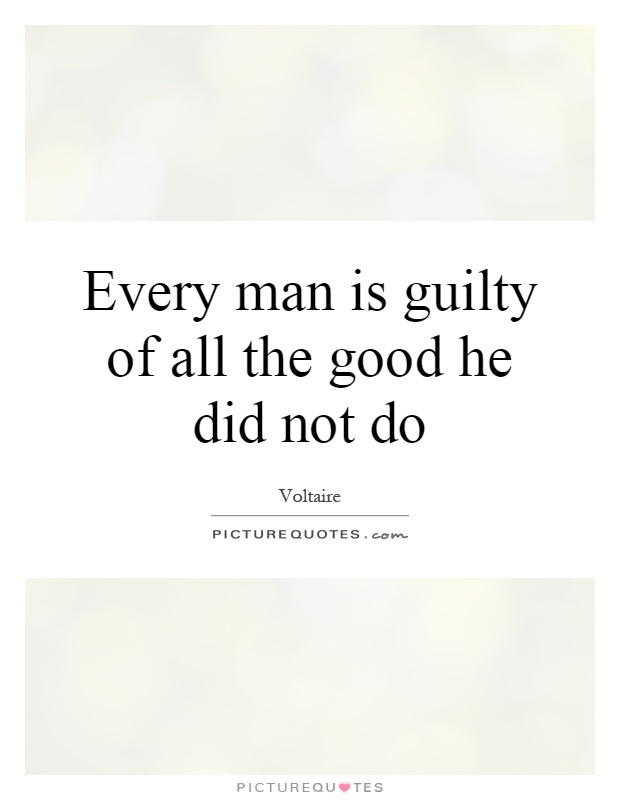
Every man is guilty of all the good he did not do
The quote "Every man is guilty of all the good he did not do" is a powerful statement that reflects the moral responsibility we all have to make a positive impact on the world. This idea is particularly relevant in the context of the Enlightenment philosopher Voltaire, whose works often focused on the importance of reason, tolerance, and social justice.Voltaire was a prolific writer and thinker who used his platform to advocate for religious tolerance, freedom of speech, and the separation of church and state. He believed that individuals had a duty to speak out against injustice and to use their influence to promote the common good. In his famous work "Candide," Voltaire satirized the prevailing optimism of his time, highlighting the hypocrisy and corruption that he saw in society.
In the context of Voltaire's philosophy, the quote "Every man is guilty of all the good he did not do" can be interpreted as a call to action. Voltaire believed that individuals had a moral obligation to stand up for what is right and to actively work towards creating a more just and equitable society. He understood that remaining silent in the face of injustice was a form of complicity, and that failing to take action to help others was a missed opportunity to make a positive impact on the world.
Voltaire's writings often challenged the status quo and called attention to the injustices and inequalities that existed in his society. He believed that individuals had the power to effect change through their actions and that it was their responsibility to use that power for the greater good. By failing to do so, individuals were not only neglecting their duty to their fellow human beings, but also contributing to the perpetuation of injustice and suffering.

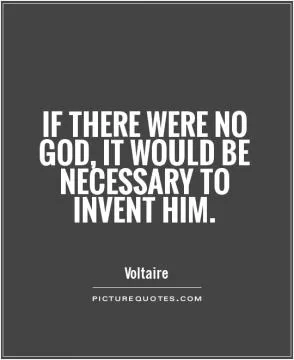


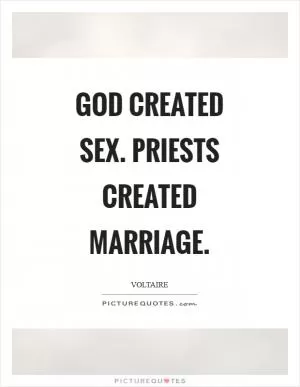
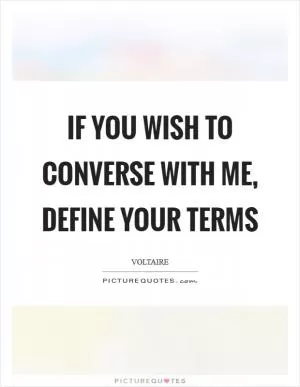
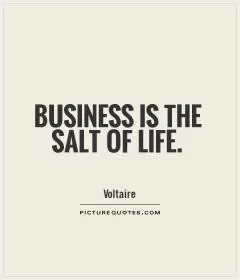
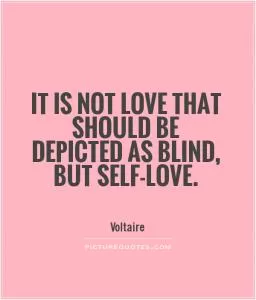

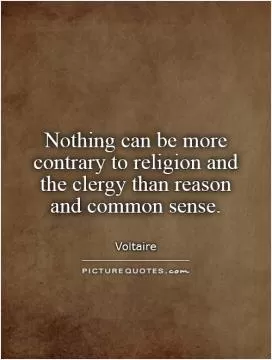
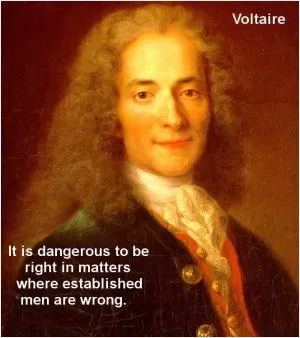
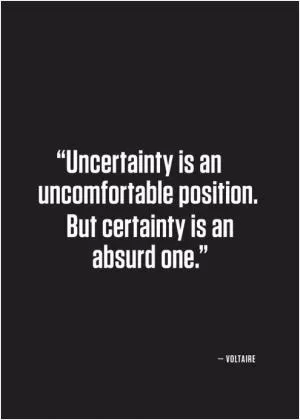
 Friendship Quotes
Friendship Quotes Love Quotes
Love Quotes Life Quotes
Life Quotes Funny Quotes
Funny Quotes Motivational Quotes
Motivational Quotes Inspirational Quotes
Inspirational Quotes